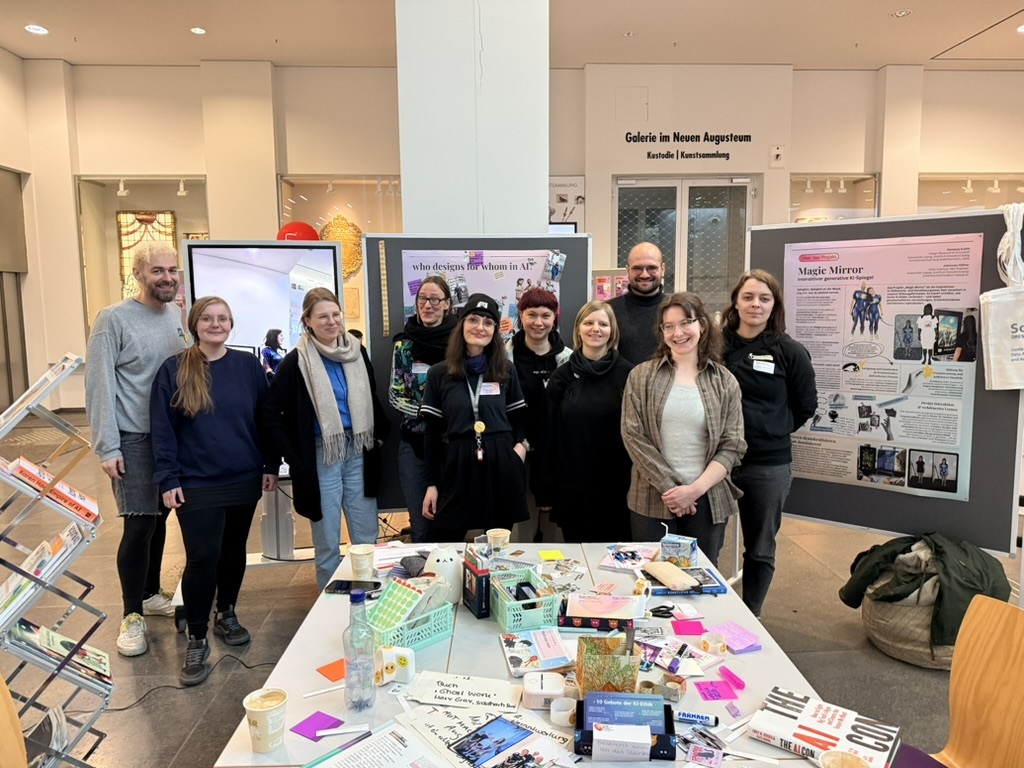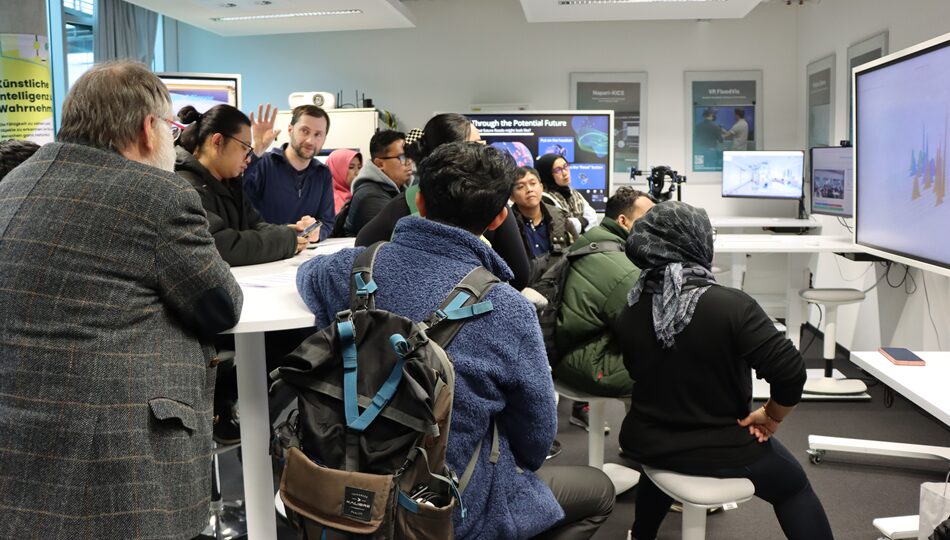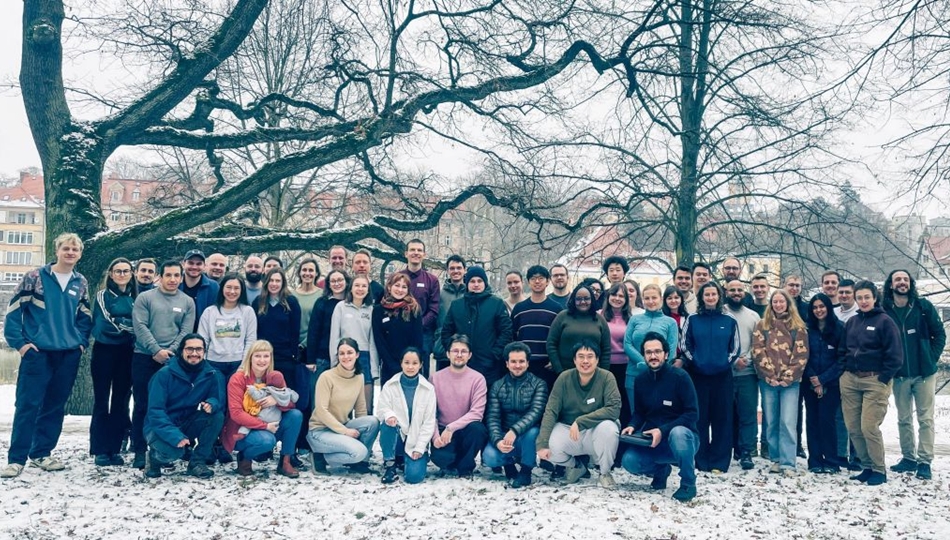September 21, 2020
ScaDS.AI at the Student Panel of DI2KG 2020 Workshop
The 2nd International Workshop on Challenges and Experiences from Data Integration to Knowledge Graphs (DI2KG) aims to foster innovation in the fields of data integration and knowledge graph construction. Research areas that also receive high attention in ScaDS.AI Dresden/Leipzig, e.g. with the FAMER framework. This is why ScaDS.AI Dresden/Leipzig already participated in the first iteration of the workshop. The participation resulted in a short publication that described our winning solution of last year’s challenge.
Program of DI2KG 2020
DI2KG 2020 consisted of a call for papers and a challenge. It encourages the participants to integrate monitor and notebook entities from several websites. The workshop was co-located with the renowned database conference VLDB2020. Due to the corona pandemic the entire conference was held online. The DI2KG workshop session was concluded by a student panel with the title: “Towards the next generation of benchmarks for Data Integration and Knowledge Graph construction”. The panel was moderated by Donatella Firmani of Roma Tre University. Joining the panelists Bahar Ghadiri Bashardoost (University of Toronto) and Riccardo Cappuzzo (EURECOM) was our fellow researcher Daniel Obraczka.
Each panelist described their experience with data integration benchmarks and their intended aspects of research for future directions. All participants underlined the importance of benchmarks in general and highlighted the necessity of complete and correct ground truth. Furthermore, attention was raised to the fact that specific benchmarks only test for certain characteristics of approaches. Researchers have to keep this in mind when using them. During the discussion some disagreement arose on the question if benchmark creators are properly honored for their work. While all panelists agreed on the intense efforts that go into the creation of a good benchmark, it was questioned whether the possibly high citation count that researchers can gain from a benchmark publication is enough reward for this laborious process. Overall, panelists as well as organizers were happy with the discussion opportunity and new ideas they gained through the vivid discourse.






